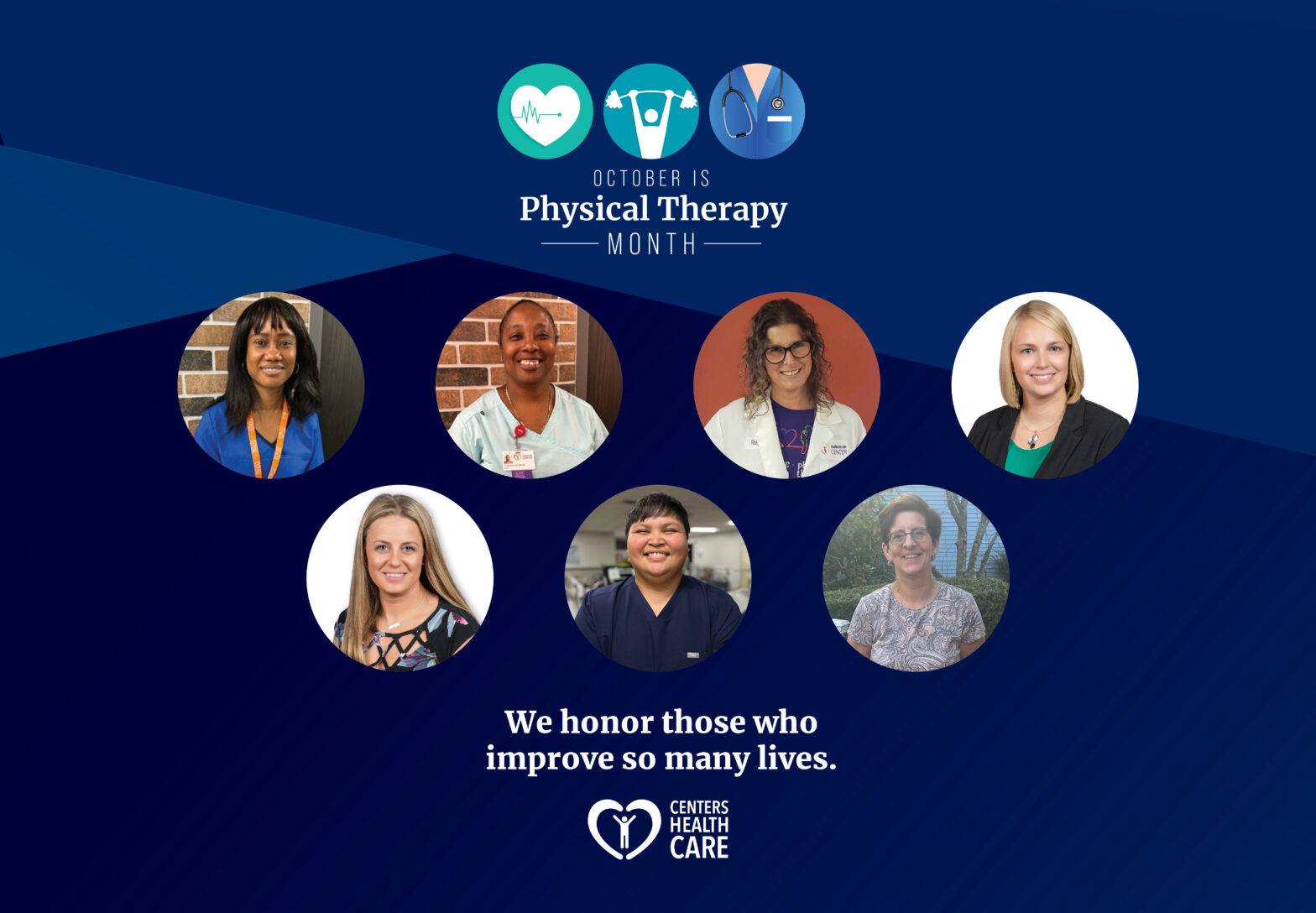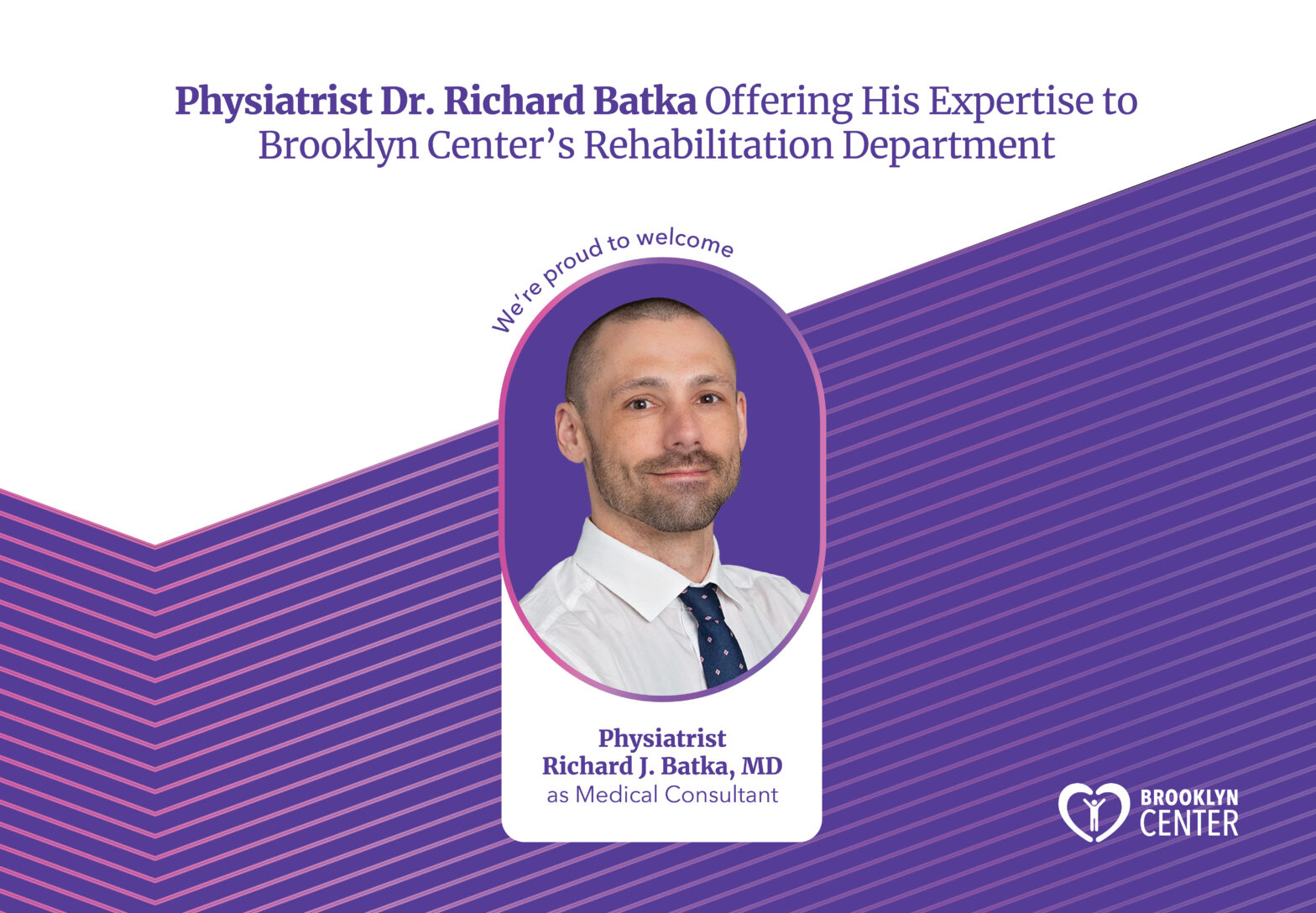5 Factors That Can Cause a Decrease in Driving Ability in Seniors

The population in the United States is getting older, and that means the number of seniors on the road is also increasing. In fact, the number of drivers age 65 or older on the road is going up exponentially. It jumped 20% to 33 million in the first decade of this millenium, and it’s expected to rise to 70 million by 2030.
With more and more seniors driving, it’s important to be mindful of driving ability as one ages.
CHC has a look at AAA’s five factors to keep an eye on if you or a senior loved one is still behind the wheel.
- Vision
Simply put, you need to be able to see well to drive. Most states require vision tests as part of driver’s license renewals, but vision diminishes gradually in most cases, so it may be hard to determine if you have a problem before it’s too late. Scheduling a professional driving assessment can help catch vision issues before they become a potential problem.
- Hearing
Hearing loss could impair your ability to hear horns along with potential hazards like railroad crossing signals and sirens from emergency vehicles.
- Reaction Time
A driver is said to have less than half of a second to react to avoid a potential collision, and people make an average of 20 major decisions behind the wheel for each mile driven. All of this can easily overwhelm older drivers, and physical issues like muscle stiffness and joint pain can also cause a decrease in reaction time—where every split second is crucial.
- Medications
Side effects from medications can impair one’s ability to drive. This is an issue for people of any age, but as seniors tend to take more medications, the risk for adverse reactions (especially from combining medications) and side effects like drowsiness is more of a concern for the older population.
- Cognitive Abilities
The brain needs more time to process information as we age, and this can include having trouble remembering where you’re going, not realizing you’re in a right-turn-only lane until it’s too late, etc. Obviously, conditions like dementia can cause further issues when it comes to driving safely, but just general aging of the brain can also lead to problems behind the wheel.


